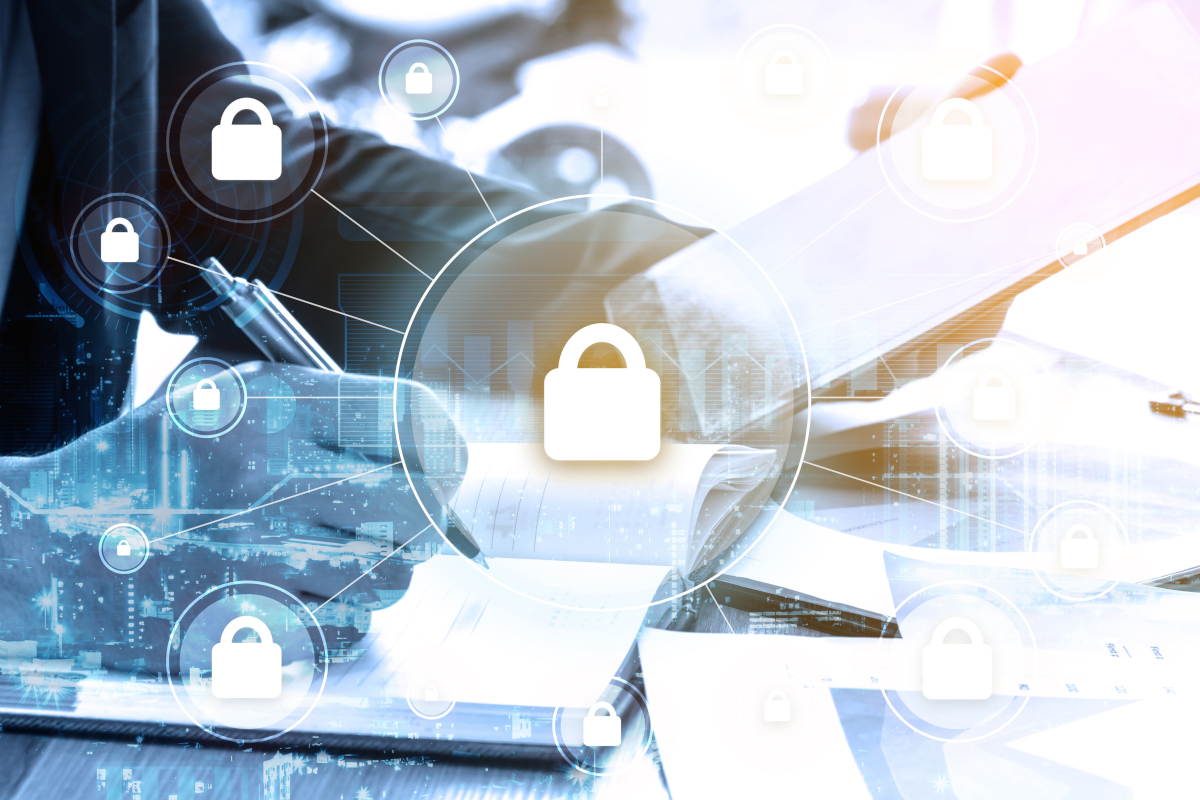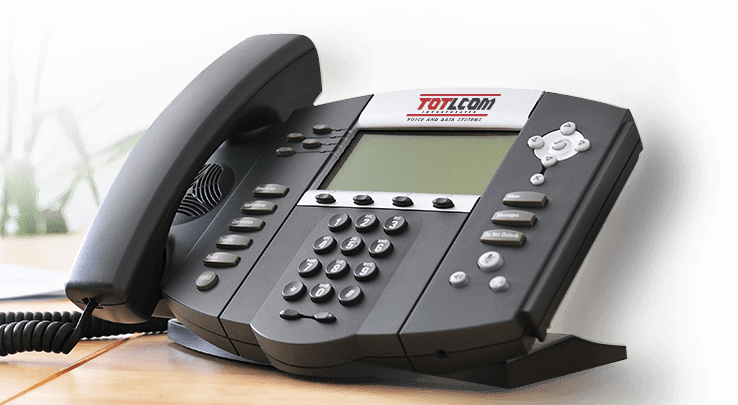How Does the Cloud Improve Cyber Security?
January 2nd, 2024 by admin

Every year, cybercriminals come up with new hacking methods that put the sensitive data of companies at risk. The first cyberattack was given its name in 1981 when Ian Murphy hacked into the AT&T network and changed the call rates of peak hours to the call rates of off hours.
Since then, internet usage has increased significantly, and so have the cyberattacks.
Traditional cybersecurity measures often fall short in addressing modern cyber threats. As cyber attackers become more sophisticated, businesses must equip themselves with intelligent security solutions. This is where cloud computing comes in.
What Is Cloud Computing?
Cloud computing involves delivering various services over the internet, allowing users to access and use computing resources such as servers, storage, databases, networking, software, analytics, and intelligence without the need for direct ownership or management of physical hardware.
Cybersecurity in the Cloud Era
As companies increasingly adopt cloud computing, it has become essential to have cybersecurity measures in place to protect sensitive customer and client data. This involves protecting the network and systems from data breaches, digital attacks, and unauthorized access. Since everything is stored in the cloud, cybersecurity focuses on safeguarding the cloud infrastructure.
Cybersecurity Challenges in the Cloud
Data Breaches: When sensitive data is compromised, the public loses its trust in the company. This is why access control and encryption are essential for mitigating risk.
Identity and Access Management (IAM): Controlling who has access to the resources and managing user identities can be complex in the cloud. IAM solutions allow only authorized personal access, stopping internal and external breaches.
Compliance and Legal Issues: Companies are bound to certain regulations and must adhere to compliance standards so that they can operate in the industry. To avoid legal repercussions, it's essential to ensure they comply with cloud services.
Shared Responsibility Model: Cloud providers operate on a shared responsibility model, where customers manage certain aspects of security while they are responsible for others. Responsibilities should be outlined clearly to prevent breaches.
Insider Threats: Unintentional or malicious actions by internal users can pose a significant threat, which is why systems should be monitor 24/7.
How the Cloud Improves Cyber Security
Think of the cloud as a digital fortress for your data. Cloud cybersecurity acts as a shield, making sure your valuable information is safe and sound, away from the prying eyes of cyber threats. Here's how it takes action in the face of threats:
Rapid Threat Detection and Response
Thanks to machine learning algorithms, cloud platforms are able to detect threats in no time. These technologies analyze data and identify anomalies and patterns that warn about potential security threats.
Centralized Security Management
Cloud computing consolidates control over applications and data. This enables companies to implement and enforce security policies consistently across the entire infrastructure.
With the cloud, you don't need to scramble to secure each device or application individually!
Patch Management
Cloud service providers take care of systems and network maintenance, including patches and software updates. This ensures that security vulnerabilities are addressed promptly, reducing the window of opportunity for attackers to exploit known weaknesses.
Enhanced Data Encryption
One of the biggest advantages of the cloud is that it encrypts data at rest and in transit. If someone tries to break into your system, all they will see is jumbled-up nonsense. This ensures that even if unauthorized access occurs, the data remains indecipherable without the appropriate decryption keys.
Secure Access Controls
A key feature of cloud platforms is granular access control. It allows companies to give access to specific employees. With the help of multi-factor authentication (MFA), you get to add an extra layer of security. For example, employees can only access the IT server rooms by punching in a password and swiping a special card.
Scalable Security Measures
Whether you are a small startup or a large enterprise, you can scale up and down your security infrastructure in tandem with other resources. Cloud platforms offer automated backup solutions and redundant systems that can scale to accommodate growing amounts of data.
Disaster Recovery (DR) and Business Continuity (BC)
With backup systems, recovery time objective (RTO), recovery point objective (RPO), and other tools, companies can ensure that in the event of a cyberattack, data is recovered quickly, all stakeholders are notified of the situation, and the business resumes operations quickly.
Security is a shared responsibility, and businesses must actively collaborate with their cloud service providers to implement and maintain effective cybersecurity measures.
TOTLCOM understands that one size does not fit all. That's why our cloud security services are not off-the-shelf solutions but are tailored to meet the specific needs of your business.
If you want to learn more about how the Cloud can Improve Cyber Security, contact us today.
Posted in: Cloud Services
